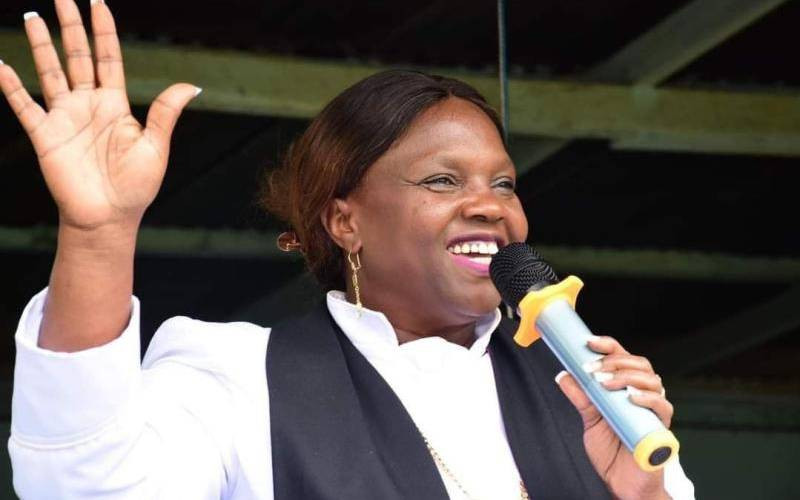×
The Standard e-Paper
Join Thousands Daily

When Mrs Dorcas Wanjiku Rigathi talks about her husband, Kenya Kwanza presidential running mate Rigathi Gachagua, a bout of cheer erupts and flashes across her visuals and vocals.
Her intonation matches the contours of the journey travelled, the trials overcome, the conquests made, the prevailing struggles and the dreams of the immediate future.